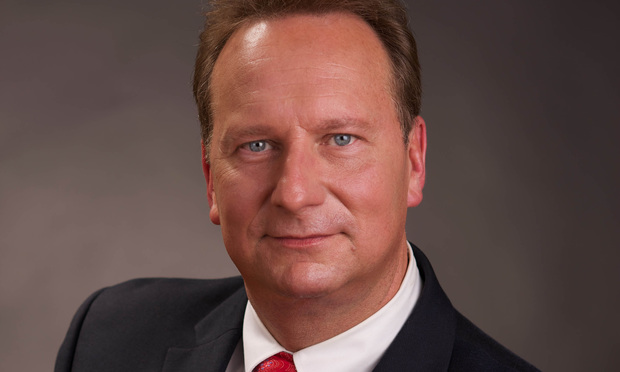The American Association of University Women issued a report this year stating that, as of 2015, women working full time in the United States typically were paid just 80 percent of what men were paid. There have been various other studies, the results of which can be analyzed state by state and along racial and ethnic lines which either increase or decrease the gap. A new approach to bridge that gap has emerged. In Boston and Philadelphia (and soon in New York City), laws have been passed prohibiting employers from asking job candidates about their salary histories. Advocates argue that preventing such inquiries will help lessen the historical pay gap by stopping its perpetuation, leaving the employer and the prospective employee with a clean slate of sorts regarding pay. Employers maintain that preventing such inquiries prevents them from analyzing the market effectively and limits their ability to make an offer that fits within their economic model. There are a multitude of arguments and talking points on each side, but the fundamental question is: Does a law prohibiting this particular inquiry violate the employer’s right to free speech under the First Amendment? The first challenge to this type of law is now pending in the U.S. District Court for the Eastern District of Pennsylvania in the case of The Chamber of Commerce for Greater Philadelphia v. City of Philadelphia, 17-cv-01548.
There is no question the City of Philadelphia’s ordinance prohibits speech, the content of which has been specified by the ordinance itself, thus raising inevitable constitutional issues. The general right to free speech under the First Amendment is clear. It is, of course, subject to well-known limited exceptions. Reasonable laws that limit the time, manner and place of speech which do not address the content, but rather, when and how it is communicated are often upheld. Yet, content-based regulations are presumptively invalid. Simon & Schuster v. Members of N.Y. State Crime Victims Bd., 502 U.S. 105 (1991). There are some exceptions such as obscenity, defamatory words, and fighting words to name a few. However, “when the Government restricts speech, the Government bears the burden of proving the constitutionality of its actions.” U.S. v. Playboy Entertainment Group, 529 U.S. 803, 804 (2000).
This content has been archived. It is available through our partners, LexisNexis® and Bloomberg Law.
To view this content, please continue to their sites.
Not a Lexis Subscriber?
Subscribe Now
Not a Bloomberg Law Subscriber?
Subscribe Now
LexisNexis® and Bloomberg Law are third party online distributors of the broad collection of current and archived versions of ALM's legal news publications. LexisNexis® and Bloomberg Law customers are able to access and use ALM's content, including content from the National Law Journal, The American Lawyer, Legaltech News, The New York Law Journal, and Corporate Counsel, as well as other sources of legal information.
For questions call 1-877-256-2472 or contact us at [email protected]



